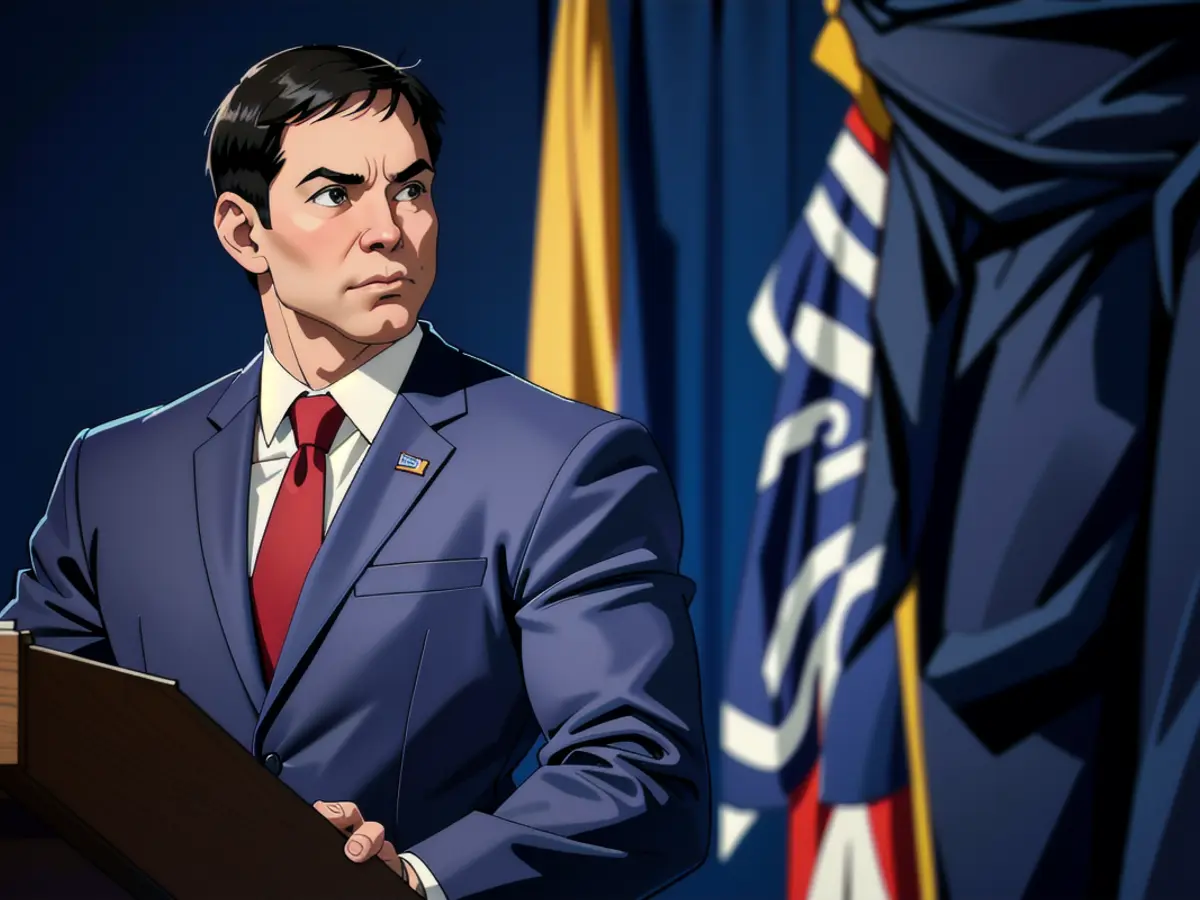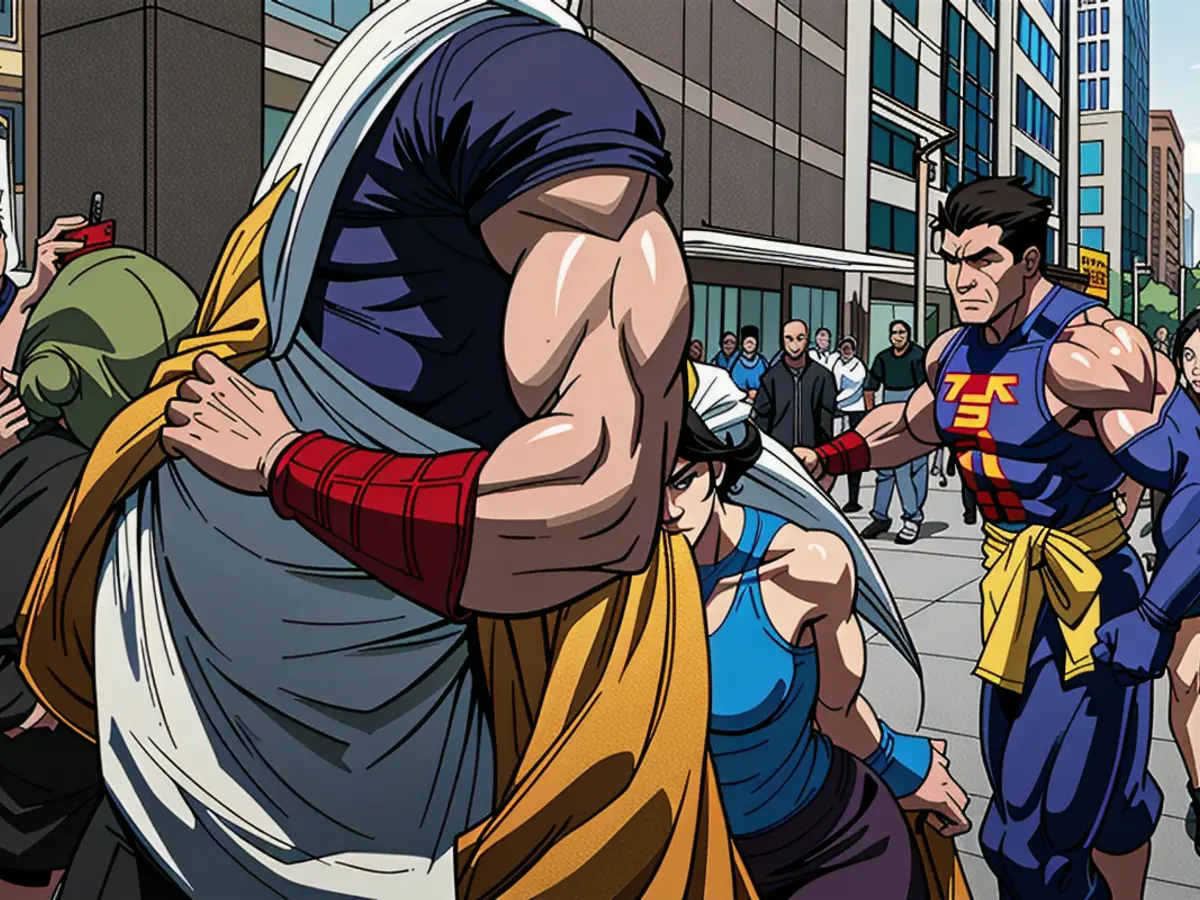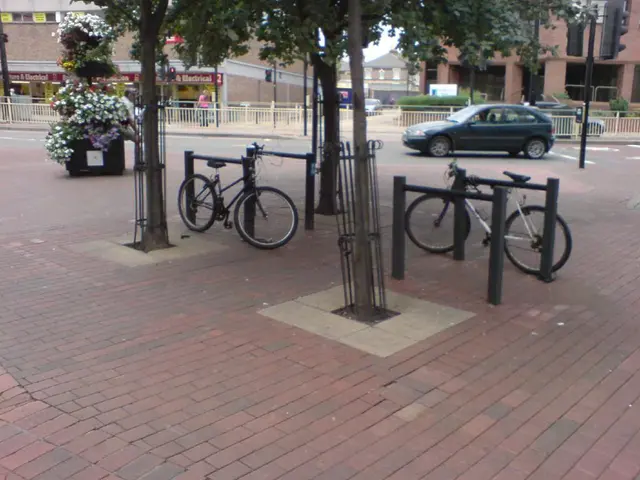Visa revocations announced via email for international students, directing them to leave the country unassisted, referred to as 'self-deportation.'
Ceding the Golden Ticket: US Student Visas Under Fire
For many around the world, a US student visa symbolizes opportunity and a ticket to academic success. However, for hundreds of international students currently within the US academic system, this golden ticket is becoming a one-way ticket back home.
President Donald Trump's administration is ramping up efforts to revoke visas and push academics out of the country, forcing students to choose between compliance and deportation.
Student Visa Programs
The US hosts a labyrinth of visa types, with over two dozen options for non-US residents pursuing activities other than temporary tourism. Yet, only three visas cater specifically to international students:
- F-1 Visa: Most common, applicable for students attending an academic institution such as high school or college.
- M-1 Visa: Less common, designated for students enrolled in vocational programs.
- J-1 Visa: Primarily used for academic study, cultural programs, and professional traineeships. This visa has a cultural component overseen by an approved US organization, encompassing thousands of institutions.
To welcome students with these visas, an educational institution must first be certified by the Department of Homeland Security's Immigration and Customs Enforcement unit through the Student and Exchange Visitor Program (SEVP).
Harvard's SEVP Dispute
The Trump administration has threatened to decertify Harvard University from SEVP if it refuses to hand over detailed disciplinary records on its international students. This action forms part of an aggressive White House agenda to bring domestic colleges in line with its political ideologies. Should the decertification occur, Harvard would no longer be authorized to accept F-1 students, enabling existing F-1 students to seek a transfer to another US institution.
When Can a Student Visa be Revoked?
While a person's legal status is determined by US Citizenship and Immigration Services (USCIS), visas are issued by the State Department and can be revoked for various reasons, including violating laws and providing false information on an application. The State Department's Foreign Affairs Manual states that a visa can be terminated based on information received directly from other US government agencies.
Secretary of State Marco Rubio has terminated hundreds of visas using a little-known provision allowing revocation if a person's presence in the US could cause potentially serious adverse foreign policy consequences for the nation.
Ozturk's Deportation Case

Tufts University doctoral candidate Rumeysa Ozturk was handcuffed in Somerville, Massachusetts, last month by federal agents, allegedly for providing support to Hamas during her activism in favor of Palestinian rights. Ozturk's visa was revoked four days earlier, but she claims she had not been notified via the SEVIS (Student and Exchange Visitor Information System) database.
Targeting Beyond Protests
The revocation of student visas is not confined to those involved in protests or charged with crimes. More than 100 international students claim that the government is stripping them of their ability to pursue their studies and work in the U.S., risking arrest, detention, and deportation. Sometimes, these students never participated in protests or were charged with a crime, yet still faced visa revocation.
Universities have reported discovering their students' visa revocations through the SEVIS database, marking a shift from the traditional process, where students or universities would initiate the revocation.
Government's Monitoring of Students
Since Trump's second term began, the administration has issued warnings to those living in the U.S. on visas, emphasizing that they are being watched and will face revocation and deportation if they fail to comply with US laws and immigration rules.
Traditionally, the expiration of an exchange visitor visa does not immediately render a person undocumented. ICE (Immigration and Customs Enforcement) advises F-1 visa holders that they can remain in the US on an expired F-1 visa if they maintain their student status. However, recent emails sent to students at risk of deportation advise them to self-deport within seven days to avoid arrest.
Revocations Too Far-Reaching
Critics argue that the Trump administration is targeting students who have done nothing controversial or illegal, focusing on their public support for the Palestinian cause during the war between Israel and Hamas.
Dustin Baxter, plaintiff's attorney in a lawsuit filed on behalf of the affected students, asserts that the government has revoked visas not only for those charged with crimes, but also for those who have merely been arrested, or sometimes even merely encountered and given a ticket.
Maintaining the Visa System's Integrity
While some question the Trump administration's methods, education institutions take the responsibility of enrolling international students and complying with SEVP requirements very seriously, understanding the consequences of non-compliance. Both the government and universities have codes of conduct and disciplinary measures in place to address non-compliance and ensure the integrity of the visa system.

- The Secretary of State, Marco Rubio, has terminated hundreds of visas using a provision allowing revocation if a person's presence in the US could cause potential serious adverse foreign policy consequences for the nation.
- Rumeysa Ozturk, a Tufts University doctoral candidate, was deported four days after her visa was revoked, despite lacking notification via the SEVIS database.
- Universities have reported discovering their students' visa revocations through the SEVIS database, marking a shift from the traditional process, where students or universities would initiate the revocation.
- Critics argue that the Trump administration is targeting students who have done nothing controversial or illegal, focusing on their public support for the Palestinian cause during the war between Israel and Hamas.









